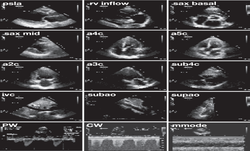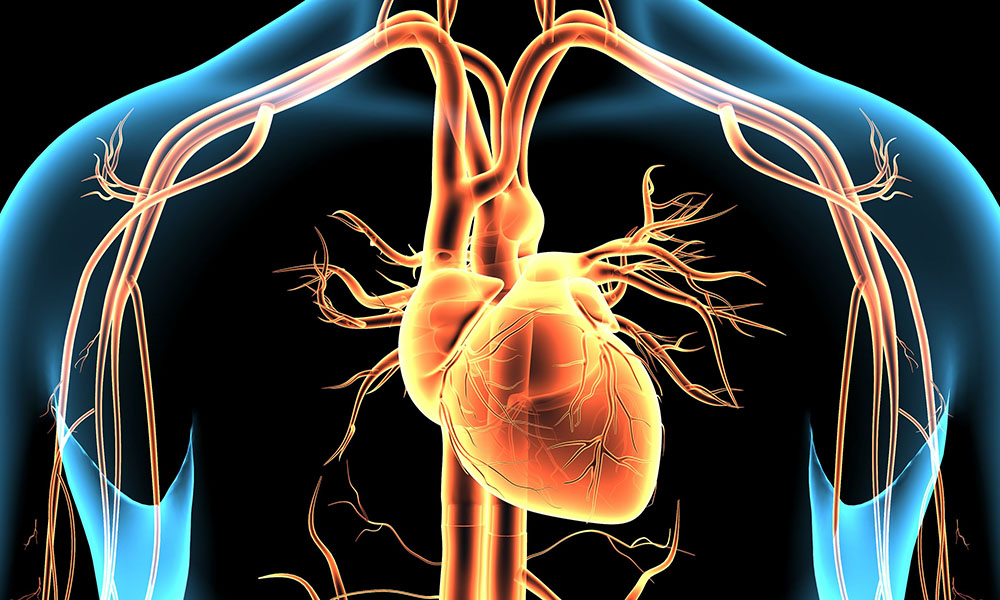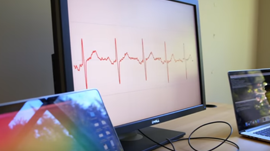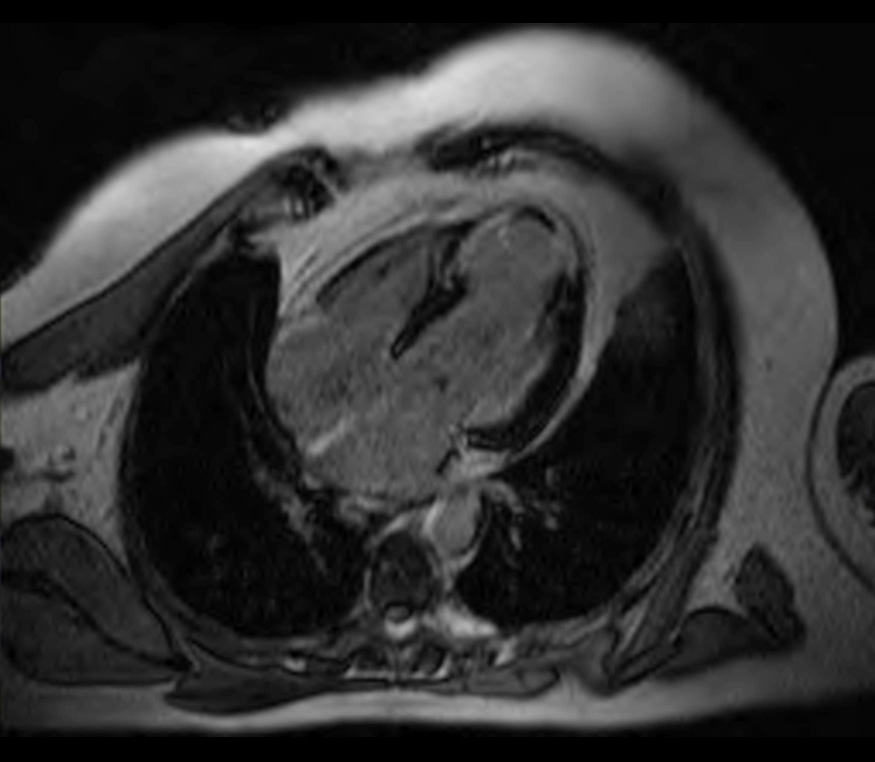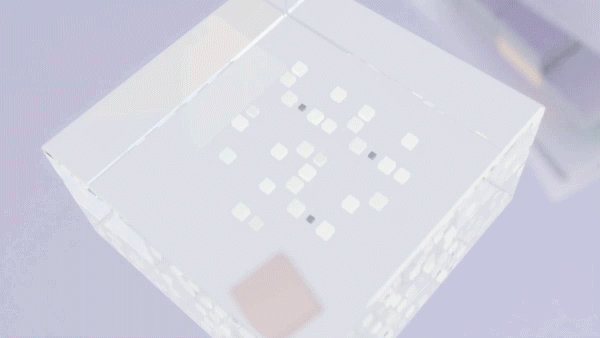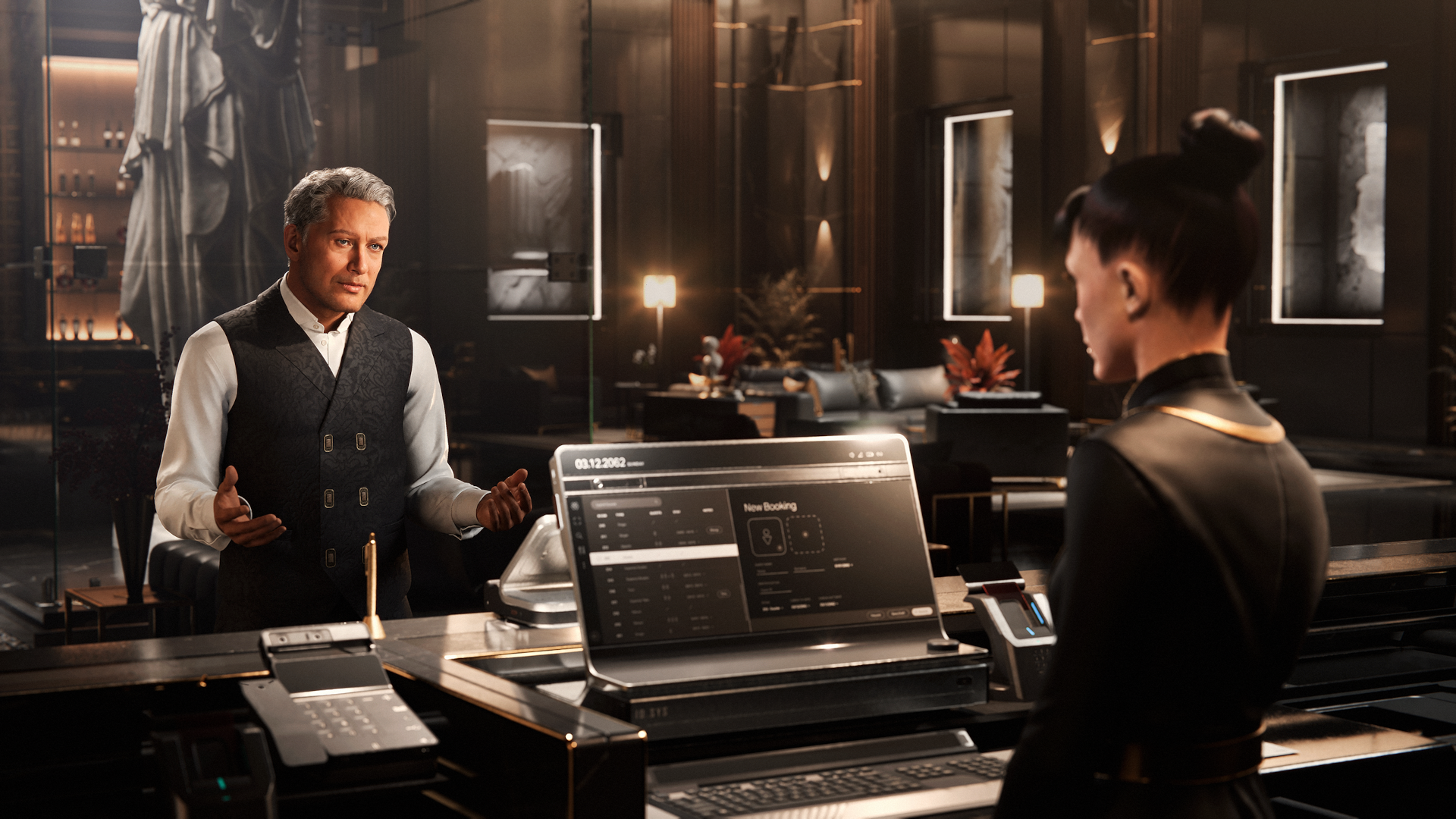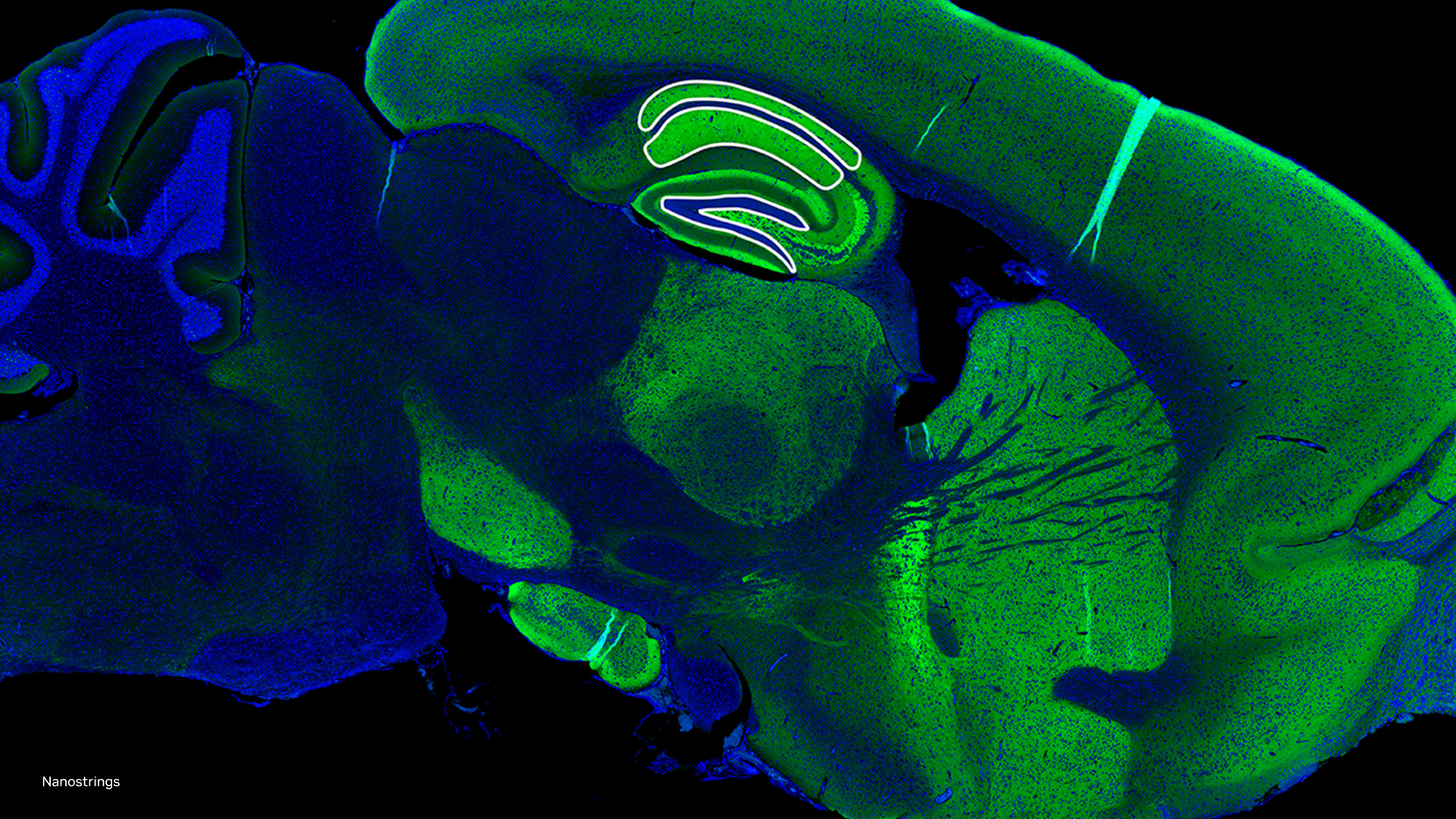Researchers from the University of California, San Francisco developed a deep learning algorithm to classify images from heart ultrasound tests with better accuracy than skilled human technicians.
Published in the Nature Partner Journal, Digital Medicine, the researchers created a convolutional neural network that automatically classifies echocardiograms, resulting in 98% overall accuracy.
“These results suggest our approach may be useful in helping echocardiographers improve their accuracy, efficiency and workflow, and also may provide a foundation for better analysis of echocardiographic data,” Rima Arnaout, MD, UCSF Health cardiologist told the UCSF News.
Using NVIDIA GPUs on the Amazon Cloud with the cuDNN-accelerated TensorFlow and Theano deep learning frameworks, the team trained their algorithm on 223,787 echocardiograms (echo) images from patients aged 20 to 96.

“Deep learning, specifically using convolutional neural networks, is a cutting-edge machine learning technique that has proven “unreasonably” successful at learning patterns in images and has shown great promise helping experts with image-based diagnosis in radiology, pathology, and dermatology,” the researchers said.
Imaging is key to medical diagnosis but interpreting the medical images is a time-intensive and a complex process, one that requires years of training and highly skilled doctors to analyze the data.
The researchers are hopeful their deep learning model will help echocardiographers improve their accuracy, efficiency, and workflow.
“Our model can be expanded to classify additional sub-categories of echocardiographic view, as well as diseases, work that has foundational utility for research, for clinical practice, and for training the next generation of echocardiographers,” Arnaout told the UCSF News.
Read more.
Related resources
- DLI course: Medical Image Classification Using the MedNIST Data Set
- GTC session: Creating AI-Powered Hardware Solutions for Medical Imaging Applications
- GTC session: AI-Enabled MR Reconstruction: Doing More With Less
- GTC session: Revolutionizing Healthcare through AI-Empowered Solutions and Medical Devices
- SDK: MONAI Cloud API
- Webinar: Accelerate AI Model Inference at Scale for Financial Services
